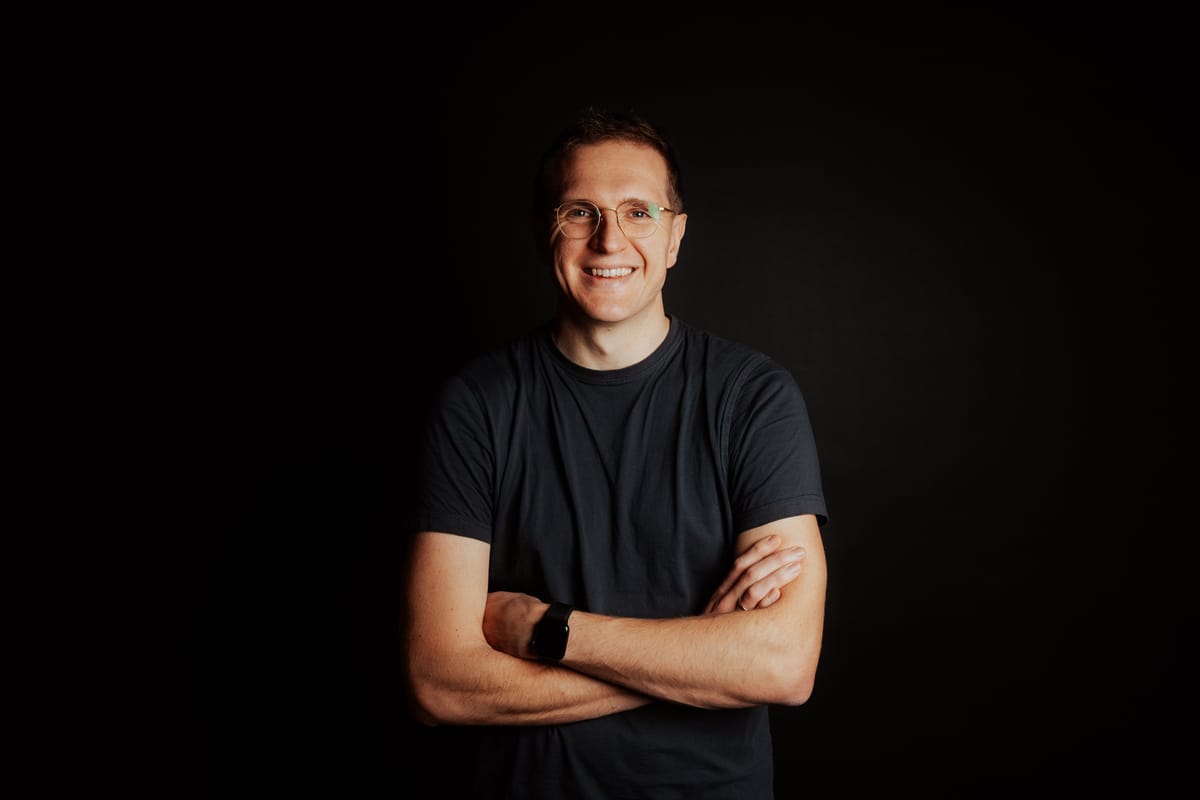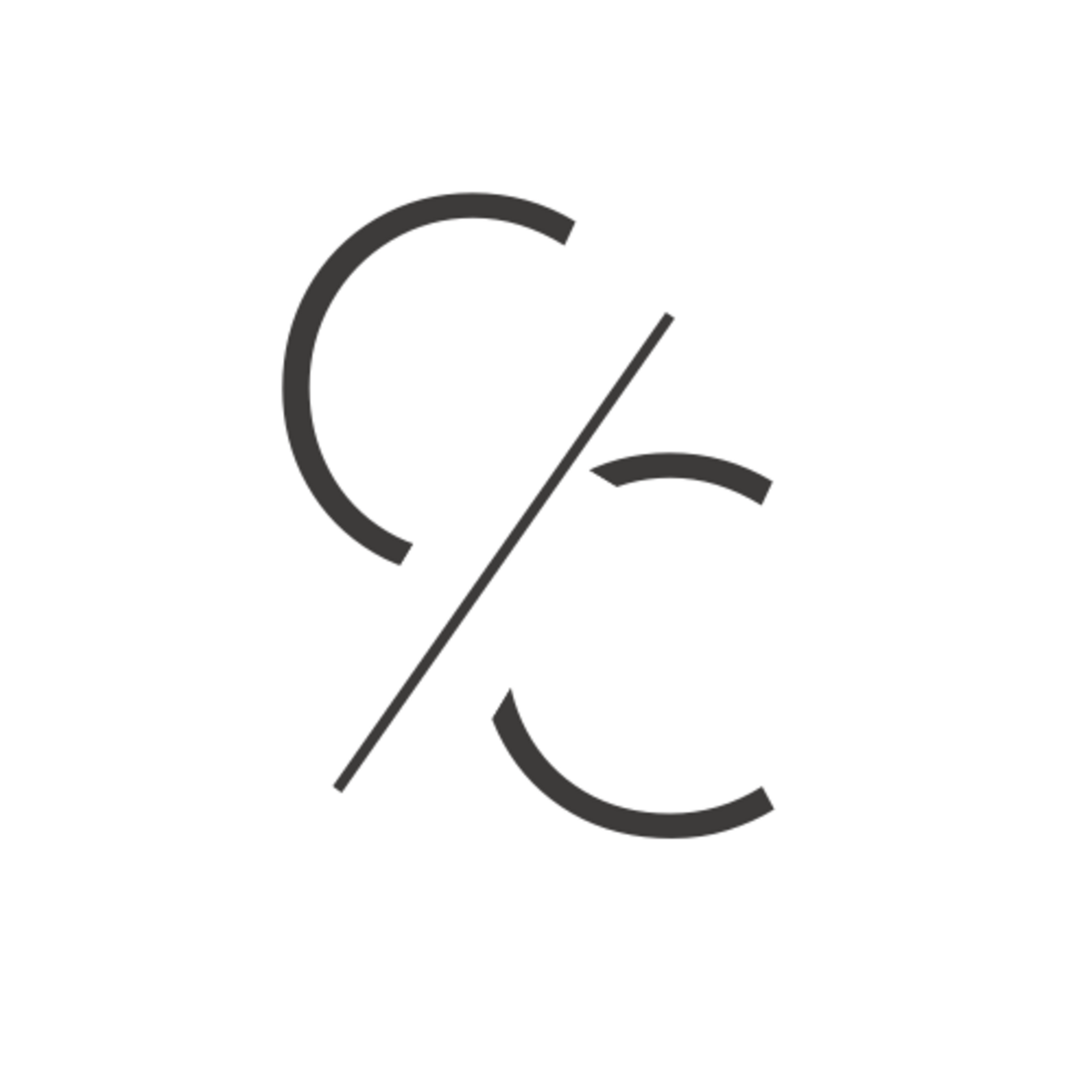Last week, the cloud servers for my screen-blocking app went down. (You probably felt it too because some most cloud based tools went to hell…) For 48 hours, I was digitally naked—a jarring reminder of how thin the barrier is between high-performance and doomscrolling.
What you'll learn:
How your ambition creates challenges for your focus.
How you try to convince yourself that your are productive when you are actually just avoiding the important stuff.
Why you should not rely on time limits or deleting apps.
The Story: Productive Procrastination
My experience is a perfect example of what my friend, Stephan Schmidbauer (author of The Attention Master newsletter), calls 'productive' procrastination.
He’s not talking about TikTok. He’s talking about us. The "research" that’s really avoidance. The "networking" that’s just a dopamine chase. (I literally spent 30 minutes on LinkedIn building an invite list for a dinner rather than writing coaching debriefs.)
We lie to ourselves that flipping between news outlets or our work apps is beneficial, but it's just a trap. We're not "keeping up"; we're just feeding an itch.
This isn't a personal failure. It’s a trap baited with our own ambition. Stephan graciously gave me permission to share his core insight, which I’ve adapted for you.
The Insight: The Ambition-Avoidance Loop
Stephan's post nails why ambitious people—founders, leaders, investors—are most at risk. We don't procrastinate with digital junk food; we procrastinate with activities that look like work.
He identifies a three-part trap (he calls it "The Founder's Dilemma") that creates a devastating feedback loop:
The Nature of Your Work: As a leader, your most important tasks are open-ended, uncertain, and have no clear steps (e.g., "solve GTM strategy," "hire a key exec," "secure the next round"). This uncertainty creates stress and a high perceived risk of failure.
The Urge for Responsiveness: Your status and identity are often tied to being responsive. Answering emails, a quick Slack reply—these actions feel like work and are instantly rewarding. They confirm your importance.
The Ego & Identity: Your work is a huge part of your identity. You need to feel effective. "Gathering information equals work," so "research" confirms your identity.
Here is the Ambition-Avoidance Loop:
The urge for responsiveness (2) pulls you into your phone and inbox. This constant context-switching drains your mental energy.
Now, when you face your real job—the hard, uncertain, high-stakes tasks (1)—your willpower is shot.
Instead of pushing through that messy, uncomfortable middle, it's far easier to switch to something that feels useful, like "clearing the inbox" or "checking the news." This "useful" task flatters your ego (3) and offers a tiny dopamine hit, relieving the stress of the real task.
You’ve successfully avoided the important work, all while feeling perfectly "productive."
(While I learnt this from Stephan a while ago, I cannot claim that I have mastered it fully. But I am getting better.)
Your Quick Win: Blocking + Schedules
We can try to outrun fake productivity with 'anti-productivity' hacks, but that will just melt the machine. It's futile.
You may have tried setting time limits, but that doesn't eliminate the constant context switching. You also can’t quit your email, Slack, and research apps cold turkey, and studies have shown that deleting apps only leads to a rebound shortly after.
The solution to this dilemma is "access windows."
Have you ever noticed that when you're offline, such as in the mountains, you stop thinking about your phone? Many parents use this strategy with their children. They tell their kids that they can only use their phones at FIXED times of the day for limited periods. Once your brain has accepted this rule, it's at peace during the other times.
Instead of checking your newsfeed or email dozens of times, create schedules for them. For the rest of your workday, make hard blocking the default. This is also a mindset shift. Essentially, you decide to "opt in" to the risk of distractions only at times where it’s absolutely necessary. Before, you constantly had to opt out of distractions, a constant drain of willpower and energy.
If you don't want to rely on willpower to follow your own rules, I highly recommend the Lemio App. I use it, too, and it lets me do what I described earlier.


One last note: If you're interested in topics such as mastering attention and leveraging dopamine for yourself and your business, I highly recommend Stephan's webinar this Thursday - Nov 06 - at 5:30pm CET. I'm sure many of you will like the topic.
If you’ve made it this far, perhaps you’d be interested in my other writing and resources:
Most read all time: Why I Stopped Using OKRs
Most read this quarter: Clarity, Leverage, Resilience: The Secret Sauce of High-Growth CEOs
New Cheat Sheets every month, full collection in this FOLDER.
Want to work with me as a Coach & Catalyst for your business? Schedule a call HERE. Available in Q2 2026.
Bachmann Catalyst is a human-centric CEO advisory boutique. We specialize in guiding growth-stage CEOs through the most pivotal challenges at the intersection of strategy, funding, and leadership. By balancing business outcomes with team dynamics, we help leaders scale with clarity, confidence, and purpose.
If this email was forwarded, click HERE to subscribe to the newsletter.


